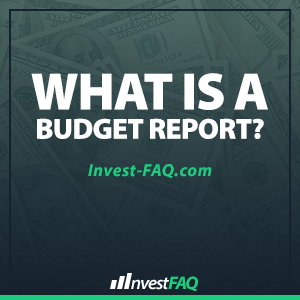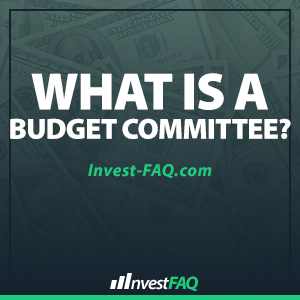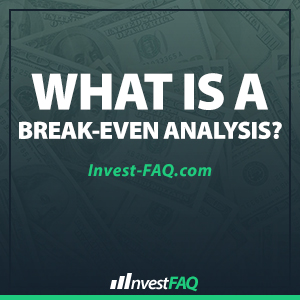Budget A budget is a financial plan that estimates the revenue and expenses over a specified future period of time, typically broken down by category. It is used by individuals, businesses, governments, and other organizations to forecast financial needs, allocate resources, and monitor actual financial performance against the planned amounts. In the business context, a
Tag: Investing & Finance Glossary Terms: B
What Is a Budget Variance?
Budget Variance A budget variance is the difference between what was budgeted for a particular financial category, revenue or expense, and what was actually realized or spent. It serves as a key financial metric that can either be favorable (positive variance) when actual revenues exceed expectations or costs are lower than planned, or unfavorable (negative
What Is a Budget Report?
Budget Report A budget report is a detailed document that compares the actual financial performance of a business against its budgeted forecasts over a specific period. It outlines variances between expected revenues and expenditures and the actual figures, providing insights into the financial health and operational efficiency of the organization. In business, budget reports are
What Is a Budget Planning Calendar?
Budget Planning Calendar A budget planning calendar is a scheduled outline of all key dates and milestones in the process of creating, reviewing, and finalizing an organization’s budget. It serves as a timeline that guides the budget preparation process, ensuring that all necessary steps are completed in a timely and organized manner to meet financial
What Is a Budget Manual?
Budget Manual A budget manual is a comprehensive set of guidelines and instructions that outlines the processes, responsibilities, and timelines involved in the preparation, approval, and monitoring of an organization’s budget. It serves as a reference document to standardize budgeting practices across departments, ensuring consistency and efficiency in financial planning. In the business environment, a
What Is a Budget Committee?
Budget Committee A budget committee is a group of individuals within an organization responsible for overseeing the development, implementation, and monitoring of the organization’s budget. This committee typically includes members from various departments to ensure a comprehensive and unified approach to financial planning and resource allocation. In business, the budget committee plays a crucial role
What Is a Break-Even Analysis?
Break-Even Analysis A break-even analysis is a financial calculation used to determine the point at which a business’s revenues exactly cover its expenses, resulting in neither profit nor loss. This analysis is crucial for understanding the minimum performance necessary to avoid losing money and serves as a foundational tool for financial planning and decision-making. In
What Is a Bounced Check?
Bounced Check A bounced check is a check that a bank cannot process due to insufficient funds in the account from which it was drawn. When the bank refuses to honor the check, it is returned to the payee as “bounced,” signaling a failure to transfer the specified amount of money. In the business world,
What Is a Borrowing Base?
Borrowing Base A borrowing base is a metric that determines the amount of money a lender is willing to loan to a company, based on the value of the collateral the company offers. This collateral often includes receivables, inventory, and sometimes, fixed assets, which are periodically evaluated to ensure the loan remains adequately secured. In
What Is a Borrower?
Borrower A borrower is an individual, company, or entity that receives funds from another party under the agreement to repay the principal amount along with interest or other charges. In the realm of finance, borrowers access funds for various purposes, including financing projects, purchasing assets, or meeting immediate cash flow needs. In business, companies often










